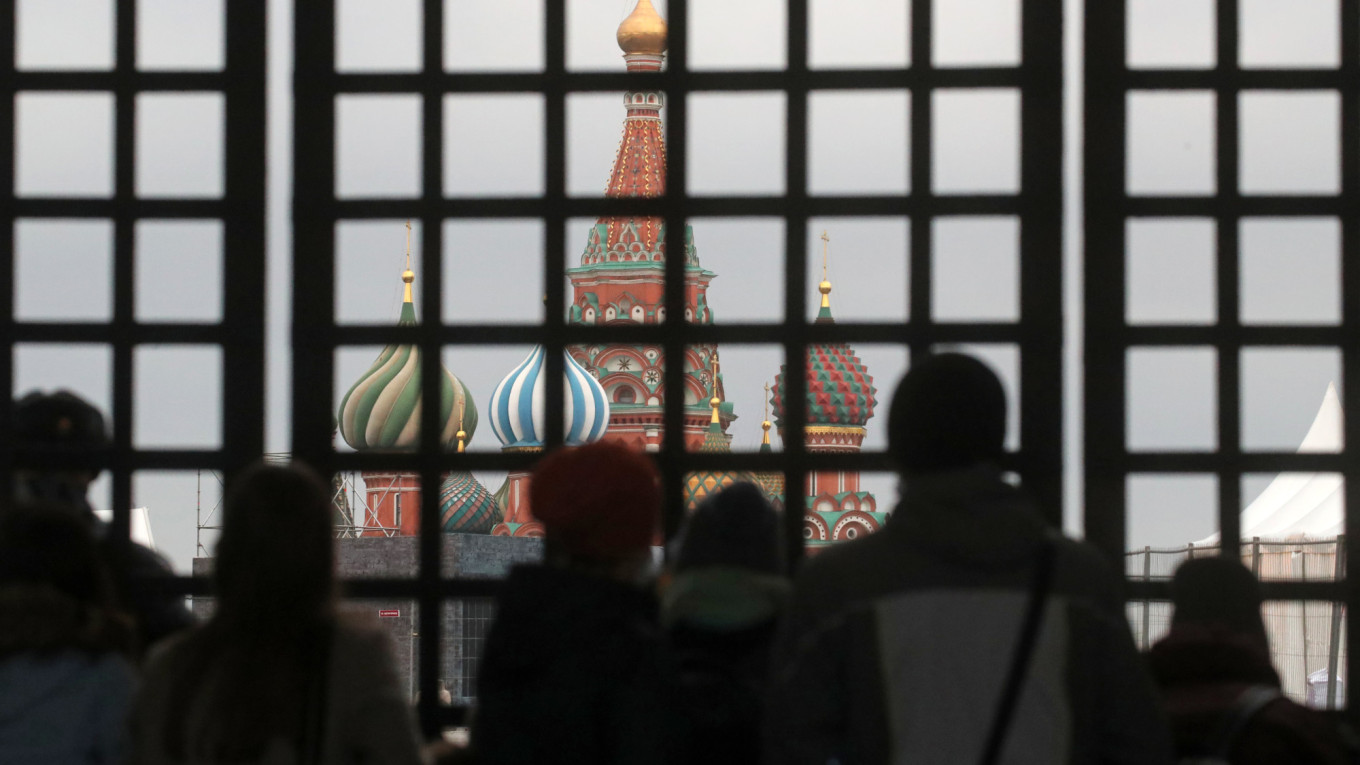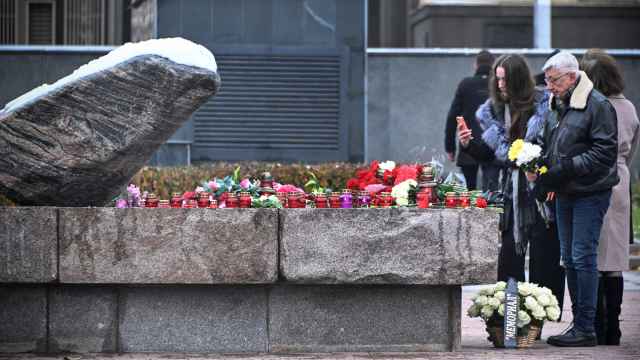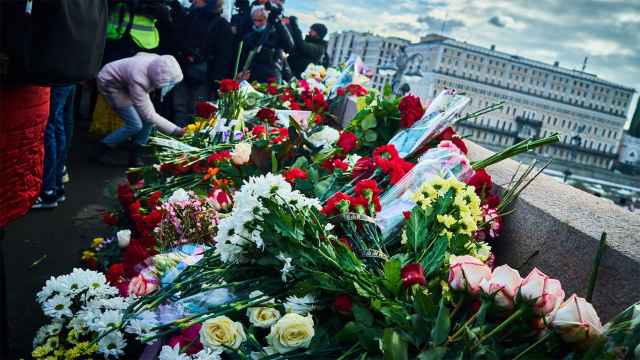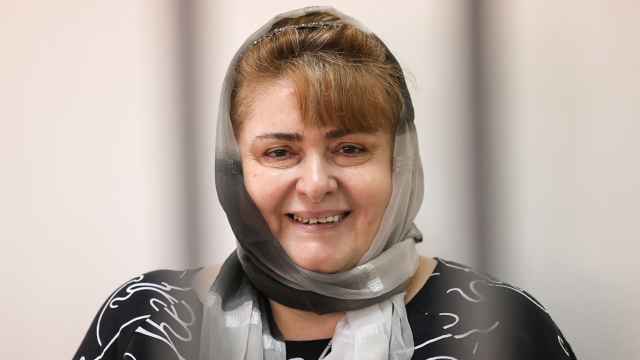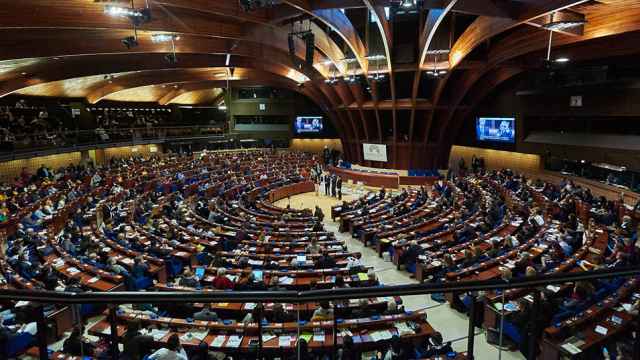President Vladimir Putin on Thursday signed into law a bill greenlighting Russia’s exit from the Framework Convention for the Protection of National Minorities (FCNM), the world’s most comprehensive legally binding treaty devoted to safeguarding the rights of minority groups.
Russia is home to representatives of as many as 193 ethnic groups who speak at least 270 languages and dialects, according to official statistics. Experts and activists have long warned that Russia’s increasingly discriminatory policies threaten this vast cultural and linguistic diversity.
The denunciation of the FCNM appears to be yet another step on the country’s path toward greater international isolation. But what does it really mean for Russia and its minority communities?
What is FCNM?
FCNM was adopted by the Council of Europe in 1994 and ratified by Russia upon its ascension to the multinational body in February 1996.
The convention sets out a handful of principles that the signatories are expected to follow when developing national policies toward various minority groups, including indigenous peoples, stateless minorities and minorities with national autonomy.
FCNM is widely hailed by human rights specialists for covering a vastly diverse set of issues pertaining to minority rights, including the usage of minority languages in media and education and the promotion and protection of minority cultures, histories, languages and religions.
“Realizing the rights of minorities is a complex task that can be approached in different ways,” said Stefania Kulaeva, a human rights defender and expert at the Brussels-based Anti-Discrimination Center (ADC) Memorial. “This convention provides detailed answers to related questions and specific recommendations of the Advisory Committee were always useful in helping to resolve complex issues.”
Unlike the European Convention on Human Rights, FCNM does not have a mechanism for receiving individual complaints about violations of its provisions and remains primarily a “consulting instrument” for governments aiming to fully realize the rights of its minorities, according to Kulaeva.
Why is Russia leaving?
Russia exited the Council of Europe in March last year after it was suspended from all of its rights of representation in response to the invasion of Ukraine. A few months later, Russia’s participation in the FCNM Advisory Committee — the body tasked with overseeing the implementation of the convention across member states — was also restricted.
Russian authorities claim that its limited participation in the Advisory Committee amounted to a deliberate act of discrimination and that the move has prevented it from “monitoring instances of violation of rights of Russian speakers living abroad.”
“Terminating participation in this international treaty will help to avoid discriminatory treatment of the Russian Federation…and will not harm…national minorities,” said the explanatory note published by Russia’s lower house parliament.
But experts who spoke with The Moscow Times agreed that Russia’s exit from the convention is nothing but a logical extension of its foreign policy course that aims to distance itself further from the Western democratic community.
“Russia is in the process of withdrawing from all international conventions and treaties which could in any way limit its sovereignty,” said Davur Dordzhiev, a lawyer and activist from the republic of Kalmykia in southern Russia.
Dordzhiev believes that Russia’s exit from the convention was a foreseeable move and one that is “illustrative” of the Kremlin’s contemptuous feelings toward non-Slavic communities in Russia.
Stefania Kulaeva of ADC Memorial, too, told The Moscow Times that Russia’s denunciation of the convention was “very much predictable.”
“Russia exited the European Convention on Human Rights and can now bring back capital punishment. Judging by this catastrophic move…this is yet another logical step,” she said.
What does this mean for Russia’s minorities?
Experts and activists agreed that Russia’s policies and actions towards minorities have long contradicted some of the key principles of the Framework Convention.
Among such discriminatory policies are repressions against ethnic and decolonial activists, restrictions on teaching and public usage of minority languages and forced assimilation and discrimination of ethnic Ukrainians in Russia and the occupied Ukrainian territories.
“Now there are more problems in Russia than ever before. Russia is inflating chauvinistic nationalism and the rights of national minorities are curtailed severely,” said Kulaeva of ADC Memorial.
Kulaeva, who provided shadow reports to the FCNM Advisory Committee in the past, believes that Russia’s exit from the convention is a “distressing” development due to the mere fact that human rights defenders will no longer be able to voice their concerns in Strasbourg and consult the Council of Europe on key issues.
This sentiment was echoed by Yana Tannagasheva, an indigenous Shor activist and human rights defender from Siberia who was among the authors of the 2017 report on violation of the rights of indigenous Shor and Teleut peoples presented to the FCNM Advisory Committee.
“Russia doesn’t follow any principles [of the convention] and essentially hasn’t for several years,” Tannagasheva told The Moscow Times.
“But this is one of the few legal documents that safeguard the rights of national minorities. Of course, this [decision] will have a negative impact on our peoples.”
A Message from The Moscow Times:
Dear readers,
We are facing unprecedented challenges. Russia's Prosecutor General's Office has designated The Moscow Times as an "undesirable" organization, criminalizing our work and putting our staff at risk of prosecution. This follows our earlier unjust labeling as a "foreign agent."
These actions are direct attempts to silence independent journalism in Russia. The authorities claim our work "discredits the decisions of the Russian leadership." We see things differently: we strive to provide accurate, unbiased reporting on Russia.
We, the journalists of The Moscow Times, refuse to be silenced. But to continue our work, we need your help.
Your support, no matter how small, makes a world of difference. If you can, please support us monthly starting from just $2. It's quick to set up, and every contribution makes a significant impact.
By supporting The Moscow Times, you're defending open, independent journalism in the face of repression. Thank you for standing with us.
Remind me later.



